The partition of India in 1947 was supposed to be a panacea for the Hindu-Muslim divide which had engulfed India for the preceding 1,000 years. Those who thought so were native. The issue was not territorial dispute but assimilation. Oen belief system, new and aggressive, wanted to establish hegemony over the other and this led to confrontation. The Partition also put a question mark on the loyalty of those Muslims who chose to stay on in India. The physical division of India created an emotional turmoil in both the communities. Rather than addressing these issues, a fledgling Pakistan unleashed its territorial ambitions and fought three fratricidal wars with India. Vested interests in India gave these the colour of a clash between two communities. The Bharatiya Janata Party that fed on Hindu nationalism did everything to perpetuate this myth. This was not opposed strongly by either the secular forces or from within the Indian Muslim community and communal forces gained in the process. No child in India today gorws up without imbibing a sense of this Hindu-Muslim divide. Even in the southern states of India, which escaped post-Partition riots, this awarness exists although the intensity may be less. This divide will not be bridged unless India and Pakistan resolve their differences and decide to co-exist as good neighbours. Pakistani leaders have also helped perpetuate this divide. Amrik Singh quotes Zulfikar Ali Bhutto who had said in 1971 that there had been a thousand years of war between Hindu and Muslims in India. The fact of the matter is that Islam could not conquer india as it encountered a different belief system in Hinduism. There was not only one book or deity to be destroyed. The Muslim in India may not be guided by what Bhutto and some others said. The Hindutva forces nonetheless will like its followers to believe that Islam is determined to conquer India and destroy its culture. The answers to such questions need to be found and propagated among the younger generation to seek a solution to the divide. The introduction of the separate electorate system by the British had reinforced this division over a period of time. Mahatma Gandhi understood this fact and tried to bridge the divide through active participation in the Khilafat movement. But that did not work. After independence, India adopted adult franchise and joint electorate where the winner was the candidate who polled the maximum number of votes rather thatn the majority votes. This system worked in the United Kingdom: in India, it caused furterh divisions. This unstated political premium on divisioness is reflected in the Hindu-Muslim divide as well. Amrik Singh gives an insight into the problem and tries to suggest remedies. He hopes the younger generation will behave differently and will be relatively free from the problems of the communal divide.
Fifty Years of Higher Education in India: The Role of the University Grants Commission
The University Grants ...
$26.60
$28.00

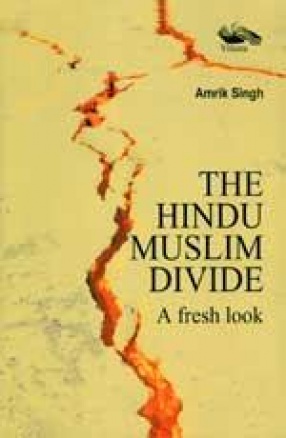
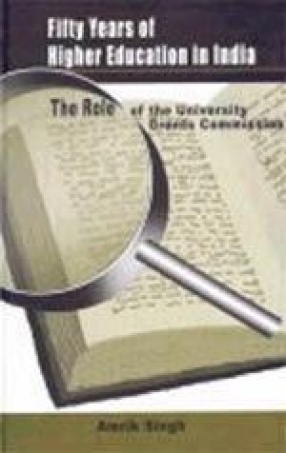
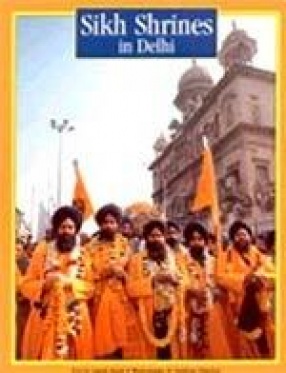

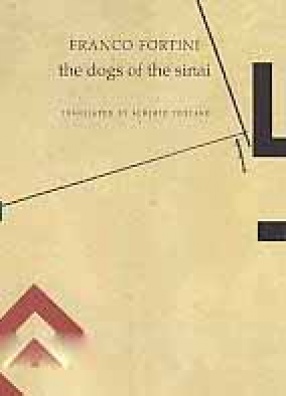
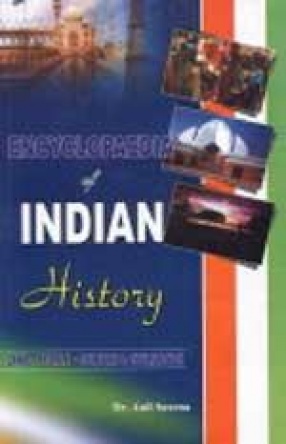
There are no reviews yet.